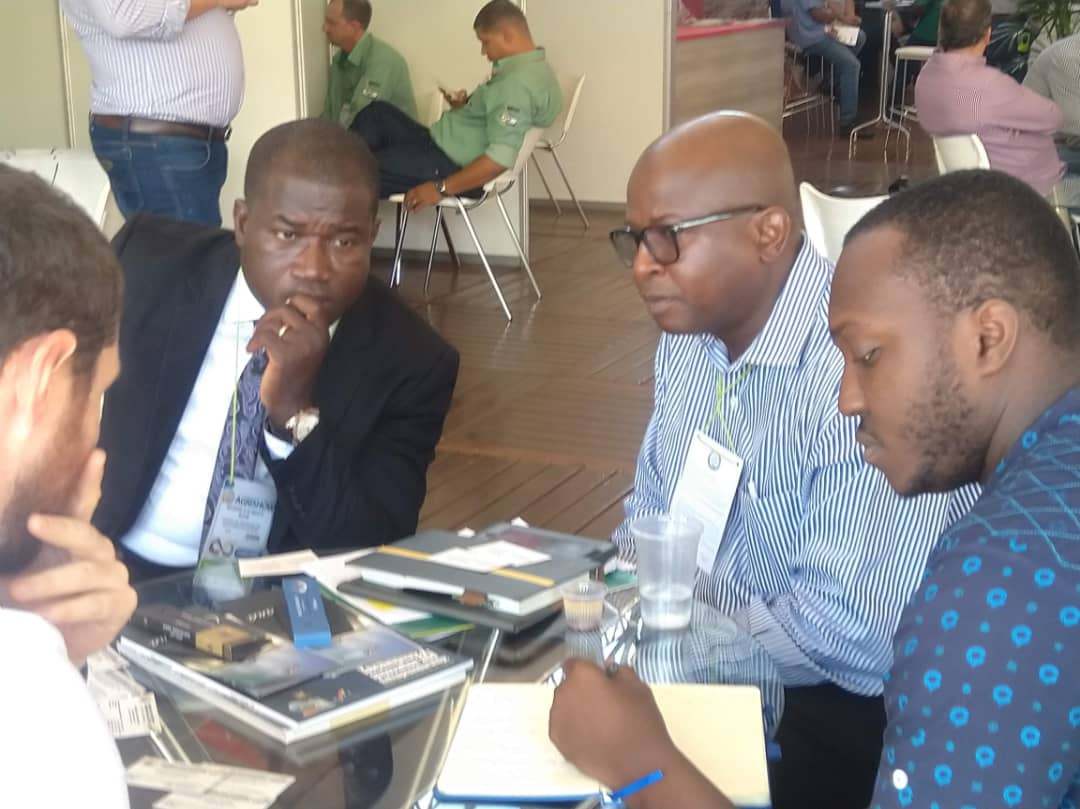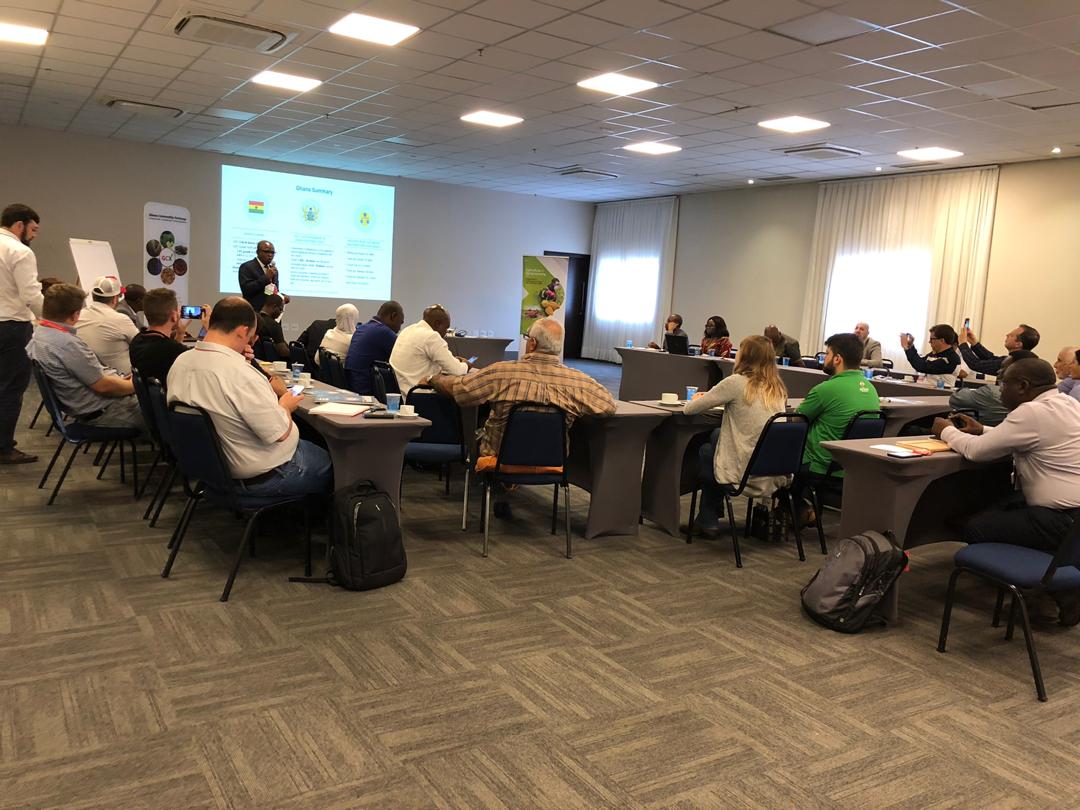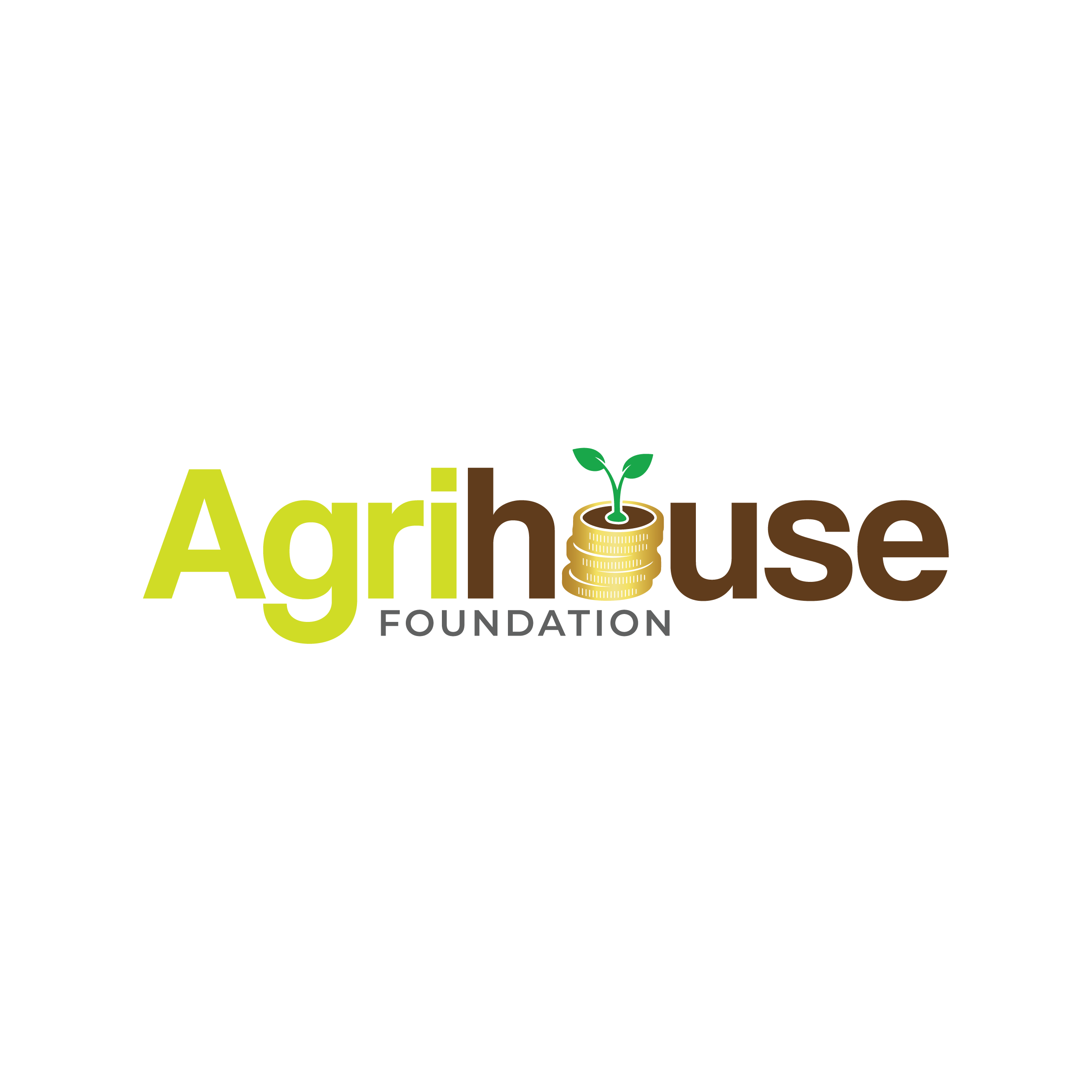“He who craves greatness must consider the path trodden by the great.” This apt aphorism mirrors increased attempts by government to actively partner other nations, particularly those who are standout agric powerhouses.
Today, globalization has opened a window of opportunity for collaboration and partnerships that if properly harnessed, has the potential to significantly bridge the gapping dichotomy that currently exists between Ghana and other great agric nations.
This narrative was recently demonstrated when the Embassy of Brazil, Agrihouse Foundation and the Ministry of Food and Agriculture led a strong Ghanaian contingent to participate in the 26th edition of Agrishow in Ribeirao Preto, Brazil.
Led by the Deputy Minister for Food and Agriculture, Hon. Sagre Bambangi and Alberta Nana Akyaa Akosa, the Executive Director of Agrihouse Foundation, the high-powered delegation comprised; Ghana Investment Promotion Council, Ghana Commodity Exchange, Jospong Group, Accra Company and Recycling and Ghana Commercial Agric Project.
As the showpiece wore on, the Ghanaian delegation had the opportunity to make an investment presentation to the world’s topmost agribusiness investors.

In a presentation under the theme: Investment Opportunities In The Agriculture Sector, the Ministry of Food and Agriculture espoused the mammoth opportunities available to investors in the form of lands for farming, government policy intervention, strategic areas for investment and incentives provided by government for investors in Ghana.
“With an estimated 13.5 million hectors of agricultural lands, only 50% has been cultivated; which implies that investors have access to almost seven million uncultivated lands to choose from. Of the 50% cultivated land, only 31,000, representing 2% has been irrigated and so irrigation presents a very viable option for investments.”
“ With an Agricultural Sector consisting of Crop, Livestock, Forestry/Logging and Fishing, crop dominates the sector with 74%, followed by Livestock; Forestry & Logging; and Fisheries at 10%; 9; and 6%, respectively as far as their contribution to GDP is concerned. Ghana provides the perfect environment for investors to thrive because aside being one of the most politically stable on the continent, Ghana has consistently demonstrated the political will and quality leadership necessary for the preservation of investor interests.”
The presentation also took into account Ghana’s excellent air and sea port facilities which makes traveling and transportation of goods and services in and outside the country a lot easier.
“Traveling time from Europe (6hrs) and America (9hrs) to Ghana is considerably shorter and therefore makes the fair as much as 60% cheaper than that of many countries on the continent and some other parts of the world. Ghana also has favourable agric and investment policies that safeguards the investor and guarantees profitability.
Similarly, government has tailored policies that gives investors in agric a period of exemption from taxes depending on what is being planted, tax waiver on imported items and upon expiration of these periods, a location based tax system is applied in order to give investors who go on to the hinterlands and hence further away from the capital and extra funds to offset the cost of doing business in such areas. Investors in Tree Planting and cattle ranching get a tax holiday of 10 years whereas Cash Crops, Poultry, Fish Farming and Agro-Processing get exempted from paying taxes for five years.”
The ministry further informed the gathering that companies in the Northern Part of Ghana which is one of the best places for rice farming comes with 5% income tax while companies in Greater Accra, the nation’s capital and Tema attracts 20% income tax.
“Regional capitals attract income tax of 15% and 10% for companies outside the regionals capitals. We also provide exemption of custom duties on agricultural machinery and agricultural inputs. These incentives are meant to ensure that the investor makes profit and expand the business because it is by so doing that jobs can be created for country’s teeming youth population. We have existing rice mills with installed capacity and available lands in the Accra plains conducive for rice production and presence of water for irrigation purposes and areas in the Northern part of Ghana.”
Ghana is the best destination for investors- GIPC
The Ghana Investment Promotion Council (GIPC) led by the Chief Operating Officer, Mr. Carl Nelson used the Agrishow Platform to show the rest of the world the competitive advantage Ghana offers investors and why it is the country of choice for investors.
In its Presentation, GIPC provided key statistics that underscores Ghana’s political stability.
“Ghana has a 27 year old sustained democracy, held five successful and peaceful elections and changed leadership from one political party to the other held five successful elections, three peaceful transitions and has a lower crime rate compared to most part of the continent.”
GIPC also took participants through the process of acquiring a business permit in Ghana.

“A Joint Venture with a Ghanaian partner required a minimum capital of Two Hundred Thousand Dollars minimum capital requirement, 100% foreign owned come with Five Hundred Thousand Dollars minimum capital whereas Trading Activity engaging a minimum of twenty skilled Ghanaians requires a minimum capital of one million dollars. Whereas other countries try to put limit on percentage of profit that can be repatriated, Ghana allows investors to repatriates 100% of their profit without any hindrance. These requirements and policy flexibilities makes Ghana one of the best investment destinations on the globe.”
GIPC and MoFA were part of 5 organizations that represented Ghana at this year’s Agrishow. To widen the scope of networking opportunities, a number of separate meetings were arranged for each Organisation by Agrihouse Foundation, the liaison organisation between Ghana and Brazil for the event.
The Ministry of Food and Agriculture and GIPC met with: Foreign Trade Chambers Federation, Association of Cocoa Processing Industry, PERFARM, BNDES, ABAG, Banco do Brazil, Agtech, Agres and Silomas.
Most potential investors expressed interest in doing business in Ghana with concrete agreements reached to see the first batch of investors visit the country in June while a second group will follow in September this year.
Agrishow is the World’s third largest Agric trade event and arguably the most important agricultural technology trade show in the world. It brings together agricultural solutions for all types of agribusiness and related sector needs.
Agrihouse Foundation, Ghana’s leading pro-agric event firm served as the liaison organization between the Embassy of Brazil, Ghana and the organizers for the 2019 edition of Agrishow in partnership with the Ministry of Food and Agriculture.
With over 800 national and international brands from different investment segments across the globe participating, the Ghanaian contingent had a unique opportunity to meet and create mutually beneficial partnership with peers along the value chain of agribusiness.
The global agric showpiece was a gathering of all who matter in agribusiness around the globe. It revolved around the goal of identifying new investment opportunities, groundbreaking technologies, partners and acquiring requisite knowledge to succeed.
The event highlighted the latest products, services and technology supporting the entire value chain in agribusiness and provided the Ghanaian delegation a pool of opportunities for networking and knowledge transfer.
The Ghanaian delegation comprised of persons drawn from: Government Agencies, Organisations, Investors, Poultry and Livestock, Fisheries and Aquaculture, Producers, Packaging and Processing, Producers, Inputs Dealers, ICT, Finance and individuals with interest in the industry.
The event provided a wonderful opportunity for the Ghanaian delegation particularly those looking to enhance their businesses through strategic partnerships, networking and exchange of ideas.
During the course of the four day event, the team participated in event activities like:
- Exhibitions
- Field Trips and Demonstrations
- Business Presentations and Investments
- Business – to – Business Meetings
- Formal Technical and Practical Training workshops and conferences
The 4-day event hosted over one hundred and sixty thousand visitors and is largely considered an improvement on the last edition which saw $808 million businesses initiated participants.
The host nation, Brazil is a major producer of a myriad of agricultural commodities like soya beans, maize, cotton, oranges and poultry meat- a feat achieved through exceptional national commitment to innovation and hard work.
Brazil’s transition from a country with an underdeveloped agricultural sector setting to one of the words breadbasket is an incredible feat that demonstrates how much of an impact a country can achieve through a deliberate effort to revolutionise agriculture.
While a national approach to agricultural excellence was key to getting the country this far, the country’s success is mostly attributable to the significant improvement in productivity made possible through the development of farming inputs relevant to the countries unique ecosystem.
Though the country’s arable landmass has remained unchanged since the mid 1970’s, production has soared by as much as 300% -a rate believed to be faster than that recorded by other agriculturally successful nations like the United States, Canada and Netherlands.

